There’s a moment in Blade Runner where Roy Batty (portrayed by the late Rutger Hauer) laments his impending death as a loss of experience. Standing in the rain, Batty’s haunting words are lyrical:
“I’ve seen things you people wouldn’t believe. Attack ships on fire off the shoulder of Orion. I watched C-beams glitter in the dark near the Tannhäuser Gate. All those moments will be lost in time, like tears in rain. Time to die.”
These words don’t mean much to the audience, but they clearly mean something to Batty. It’s not just a reflection on mortality; it’s a profound meditation on the deeply personal nature of memory and the grim impermanence of life’s moments.
There’s another, quieter moment in Jim Henson’s Emmet Otter’s Jug-Band Christmas where Alice and Emmet sing a song in remembrance of the late Pa Otter. Written by Paul Williams, “When the River Meets the Sea” captures a universal truth about the journey of life. The lyrics speak to the purpose we find, the growth we achieve, and the inevitable transition from life to death. It’s simultaneously melancholic and hopeful and celebratory, reminding us that all things—joys and sorrows alike—flow onward as part of something larger than ourselves.
I don’t have a stirring monologue like Roy Batty’s or a beautiful song like Alice and Emmet’s to articulate my own reflections on life and experience. What I do have is an archive of photographs—images I’ve taken to remember my experiences, and, if you’ll permit artistic parlance, to interrogate them, and to find meaning in them.
Each photograph is a fragment, a way of preserving moments that might otherwise slip away—like tears in rain, or a river vanishing into the almighty sea. Sometimes, the act of taking a photo feels like trying to hold onto water.
Photography is my way of making peace with the passage of time. These images remind me of the places I’ve been, the people I’ve loved, and the fleeting moments that carried more weight than I realized at the time. They are my proof that I was here, that I lived, and that I paid attention (more or less).
I think this proof-seeking is true of all forms of photography, whether you are a photojournalist, an astrophotographer, a street photographer, or the family photographer. Not all forms of photography are about seeking objective truth, but all forms of photography do speak a truth about the person making the image.
The secret joy of photography is in the archive. It's getting to revisit places I've been or moments I've experienced many years later, through the journalistic eye of a much younger version of myself but with the editorial mind of an older me.
When I look at my archive, I often think about what will happen to these memories when I’m gone. Will they mean anything to anyone else? Or will they simply become part of the flow, absorbed into the great river that carries us all forward? Perhaps it doesn’t matter. Or, perhaps what does matter is that I took the time to notice, to document, and to remember. In the end, it’s not about the endurance of memory but the act of creating it, the acknowledgment of the transient beauty in front of me, and the fleeting time I have to experience it.
And this is the power of a camera: an imperfect means of quantifying the infinite, confining a slice of eternity into a frame, to be viewed and reviewed over and over, and never the same way twice.
Yet, any context for these photos, no matter how well recorded or written, will inevitably be lost upon my death. No amount of captions or notes can truly encapsulate the experiences or emotions tied to a photograph. What remains—if anything—will be inferred by future viewers. They may create their own stories, inventing truths to fill the gaps I’ve left. Or perhaps my images will fade into obscurity, becoming nothing at all. This reality doesn’t sadden me, though. It’s simply a reminder of how ephemeral and personal the act of memory really is.
This is why I believe in photographing everything, as often as possible. It’s a way to honor life’s fleeting moments and deepen your connection to your own journey. Exploring your archives is just as important—rediscovering forgotten details or seeing your past self through a more the distance of time can be transformative. Maybe each subsequent revisit will offer a chance to better understand yourself and your world and what you’ve been. Maybe it will raise more questions.
Photography carries the same bittersweet weight as Roy Batty’s words in Blade Runner and the gentle wisdom in Emmet Otter’s song. Batty reflects on moments that belonged to him alone. Alice and Emmet sing of life’s steady flow, carrying all we cherish into something larger. With my camera, I can pause that flow—just briefly. Each frame is a way to hold on, even knowing the current will eventually carry it away. Sharing these images is my way of planting a seed, hoping it takes root in others, that what I’ve seen and felt might resonate with someone else in some other time, even if they never know who I was or how these moments reached them.


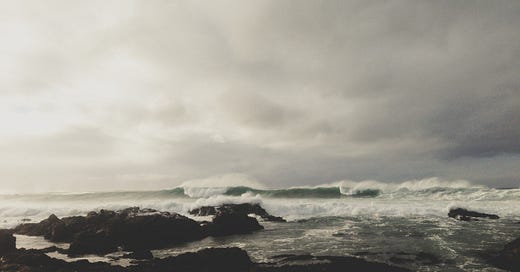



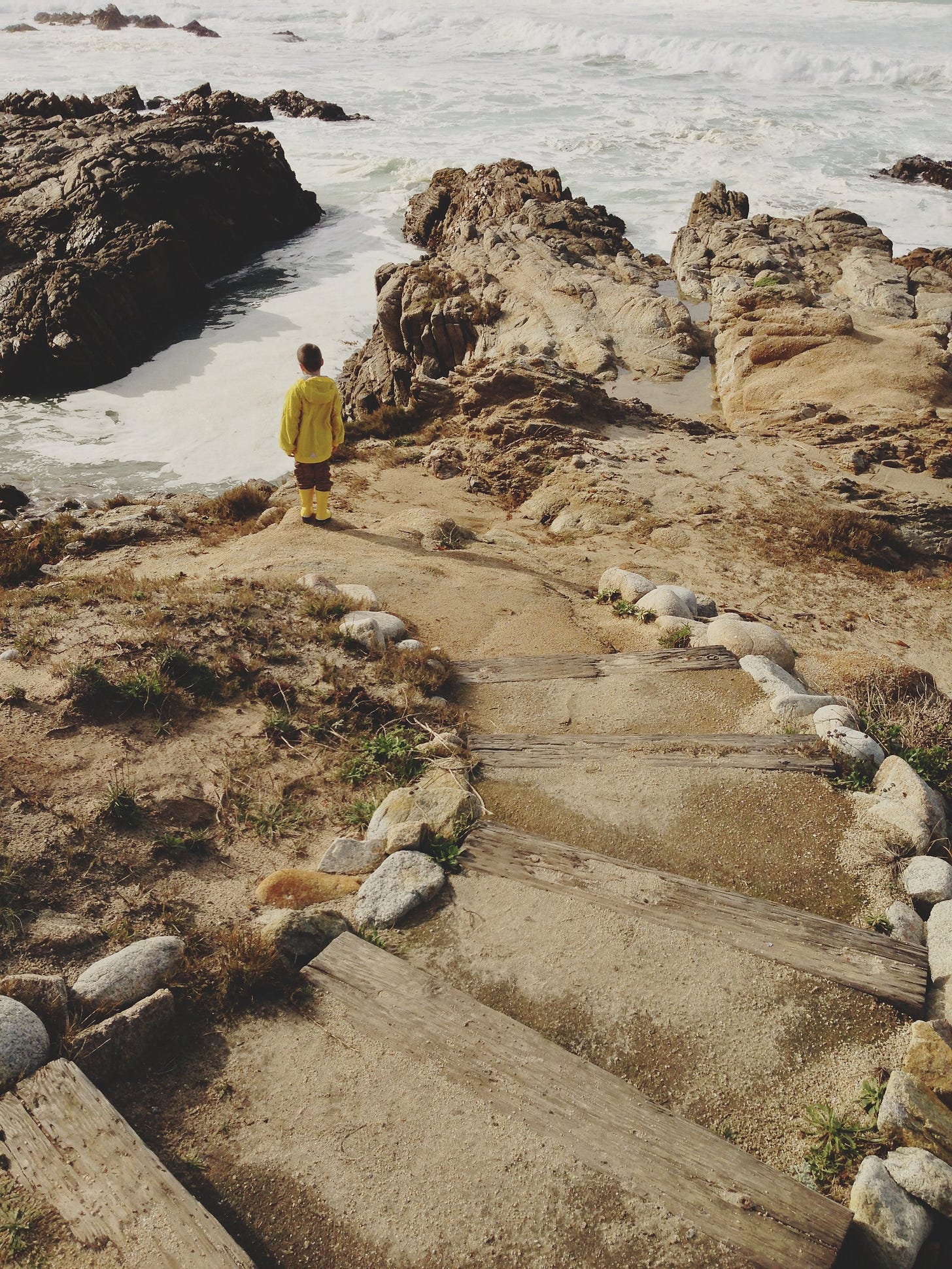

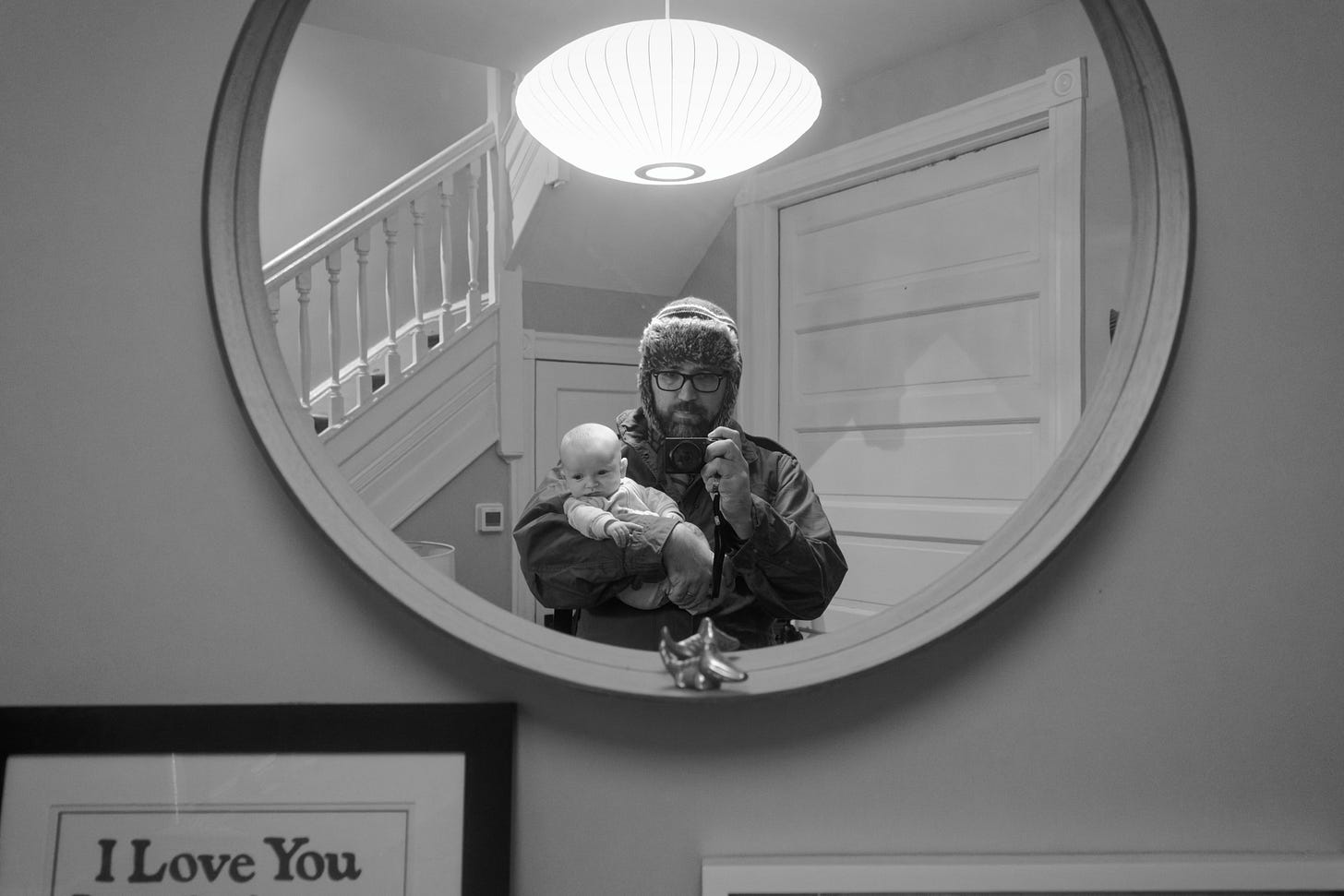
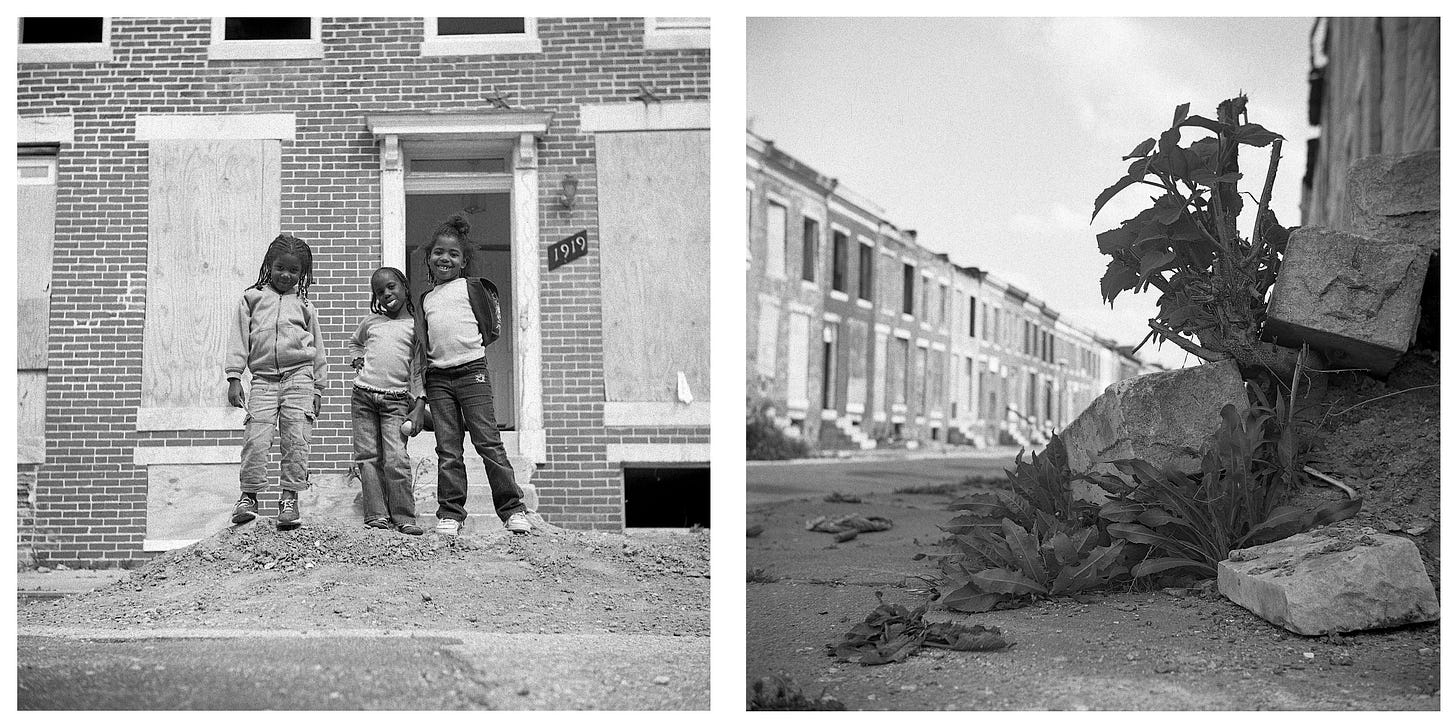
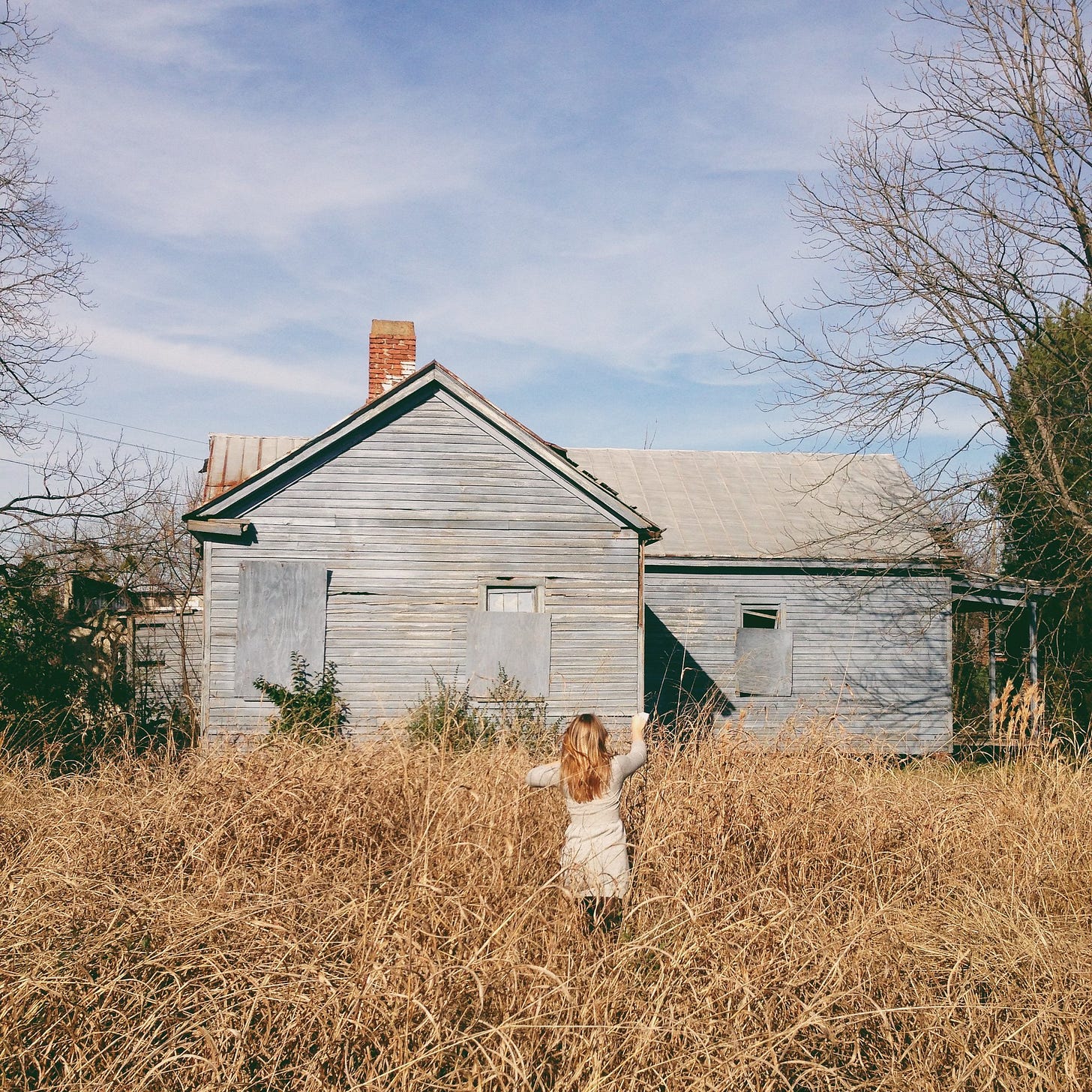
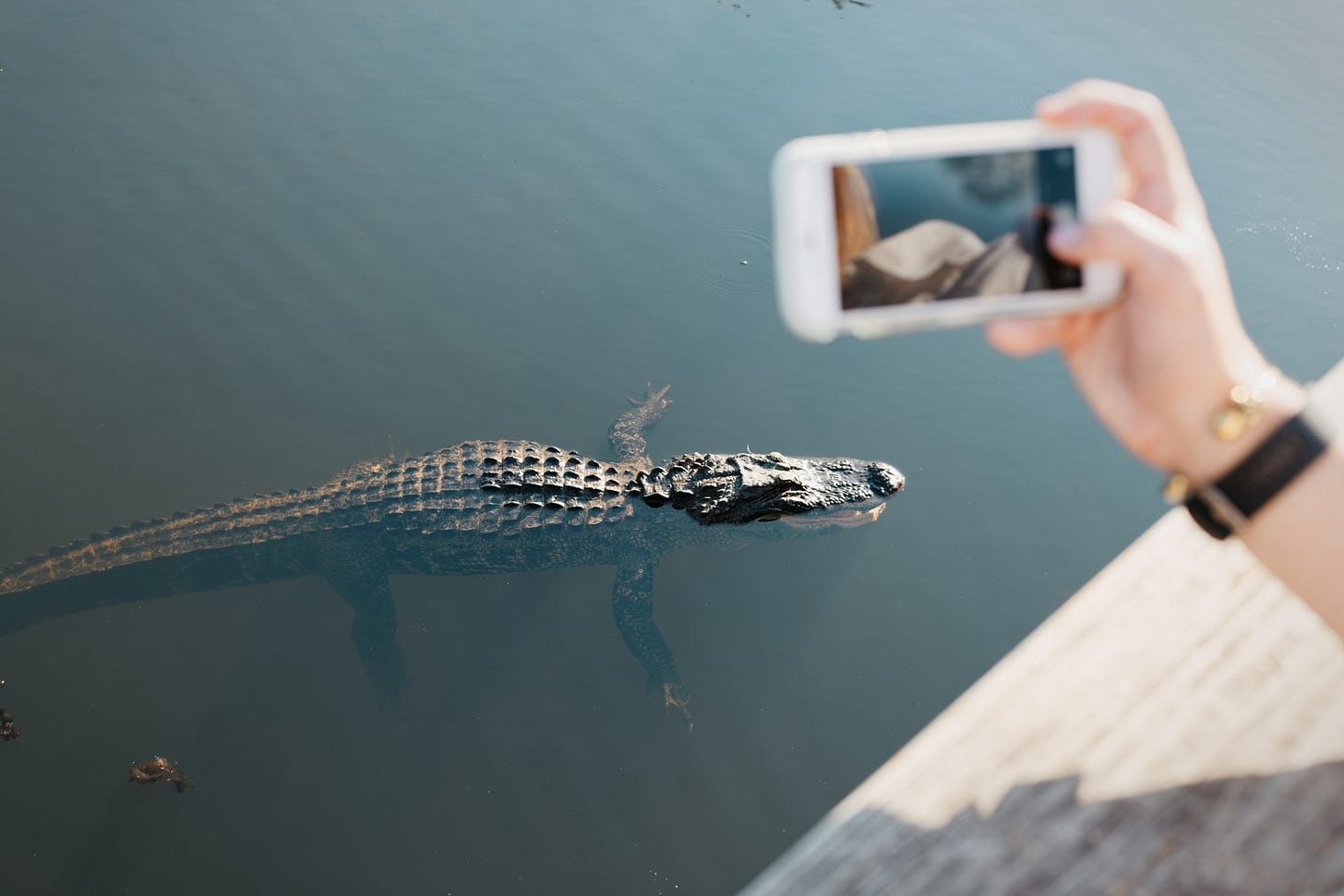

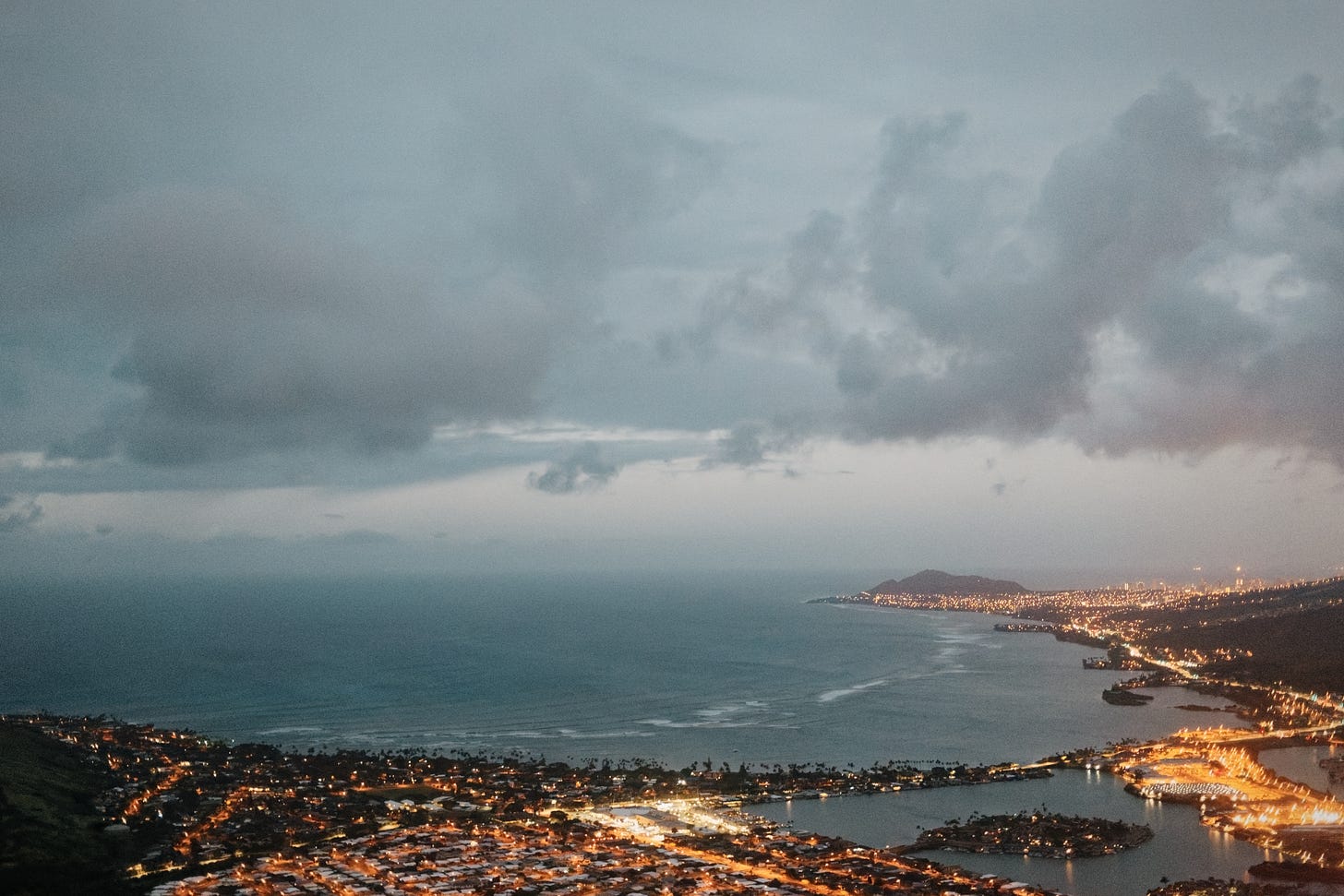
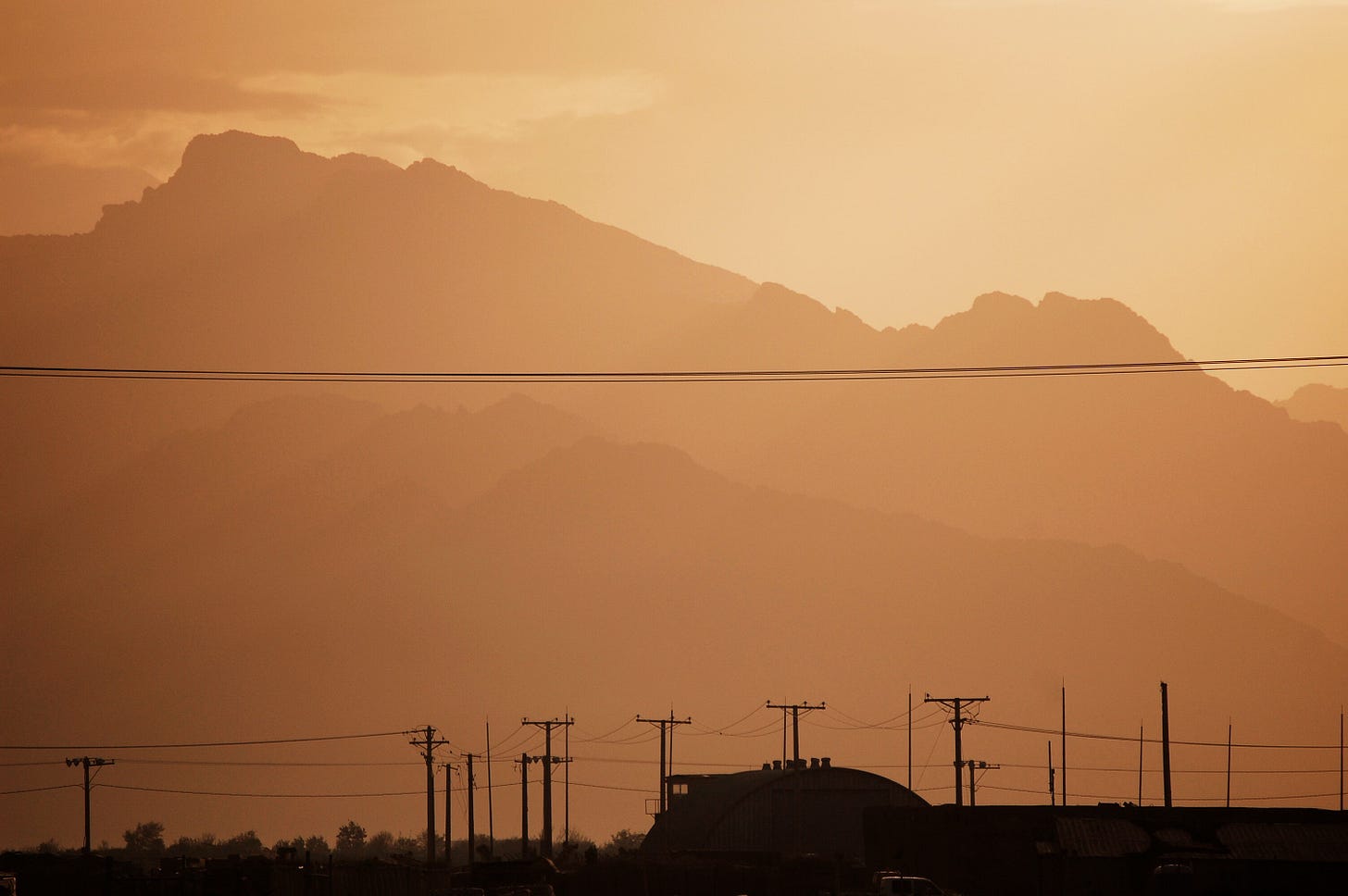
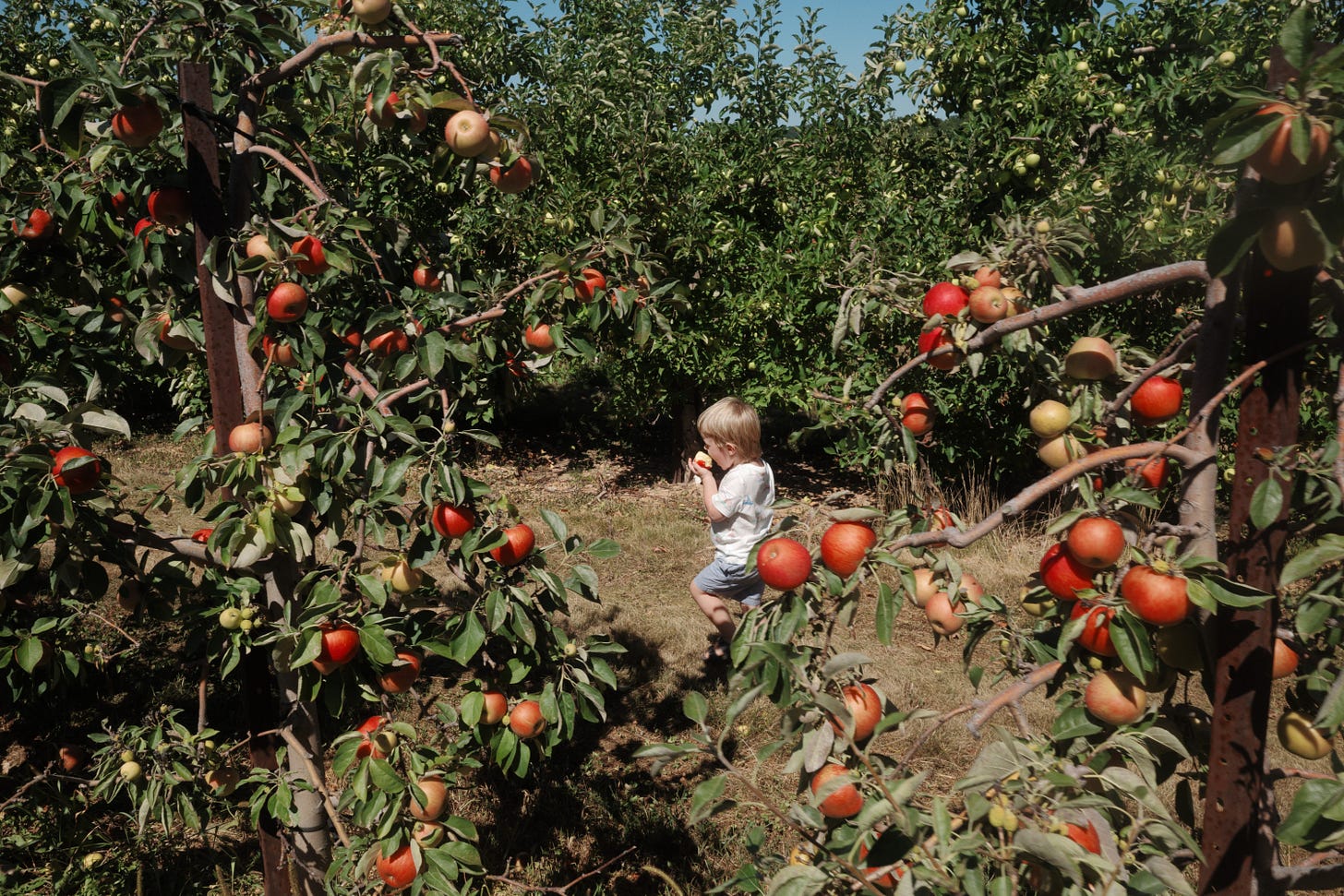

Really powerful piece Michael - this totally spoke to me, and perfectly captured what photography means to me, as a means to sharing my interpretation of the world when I can't find the words. Thanks for writing it.